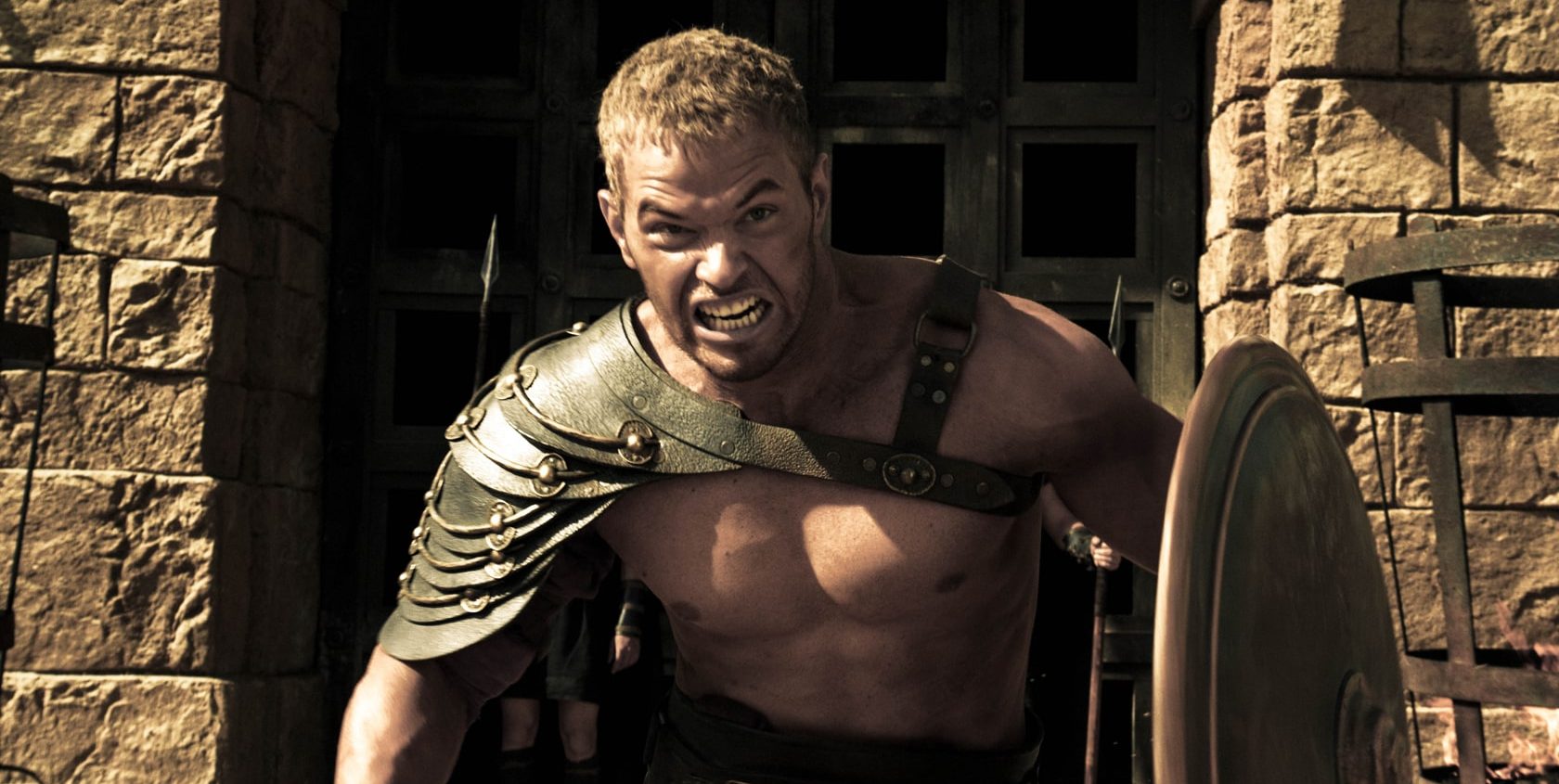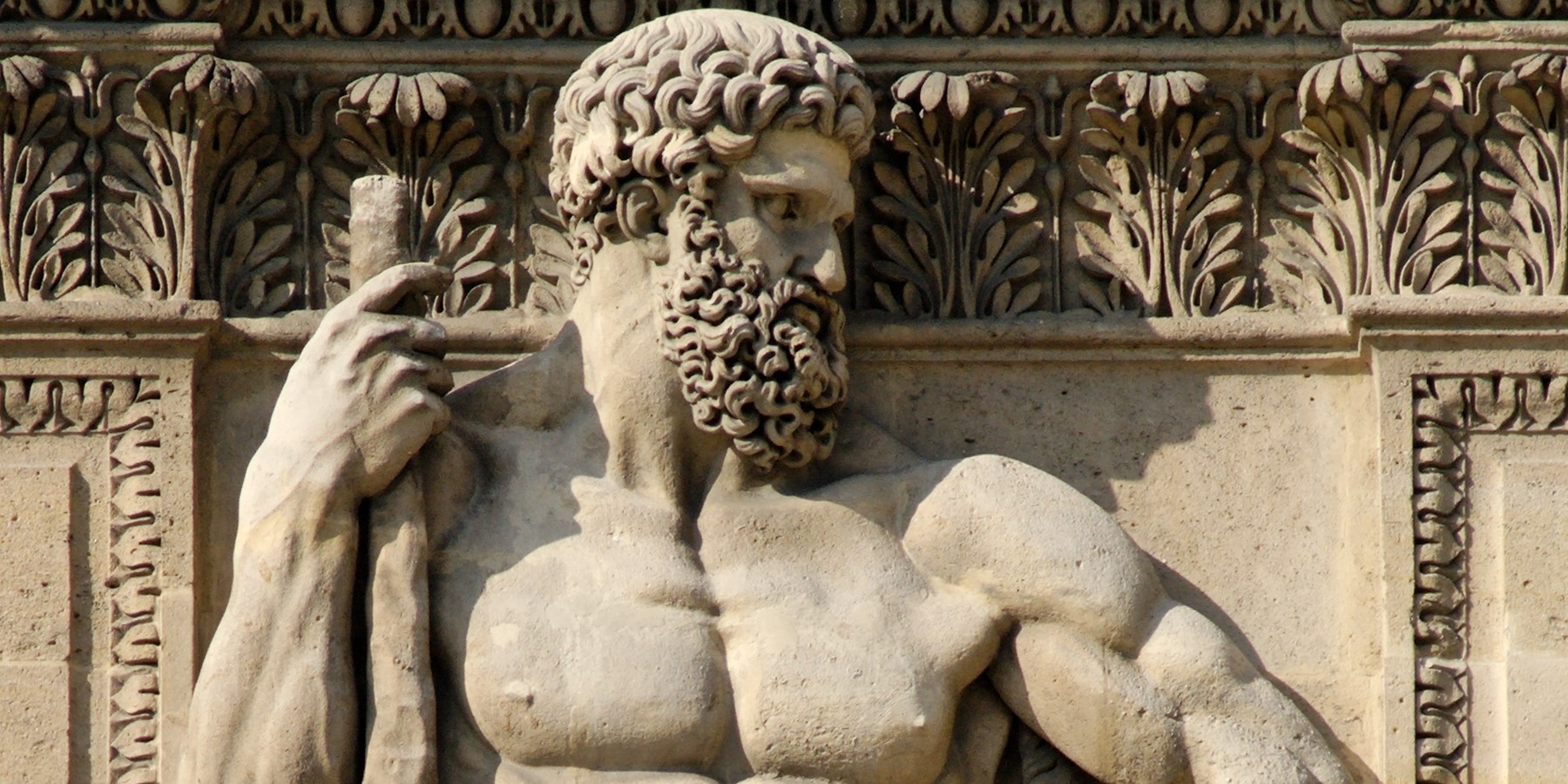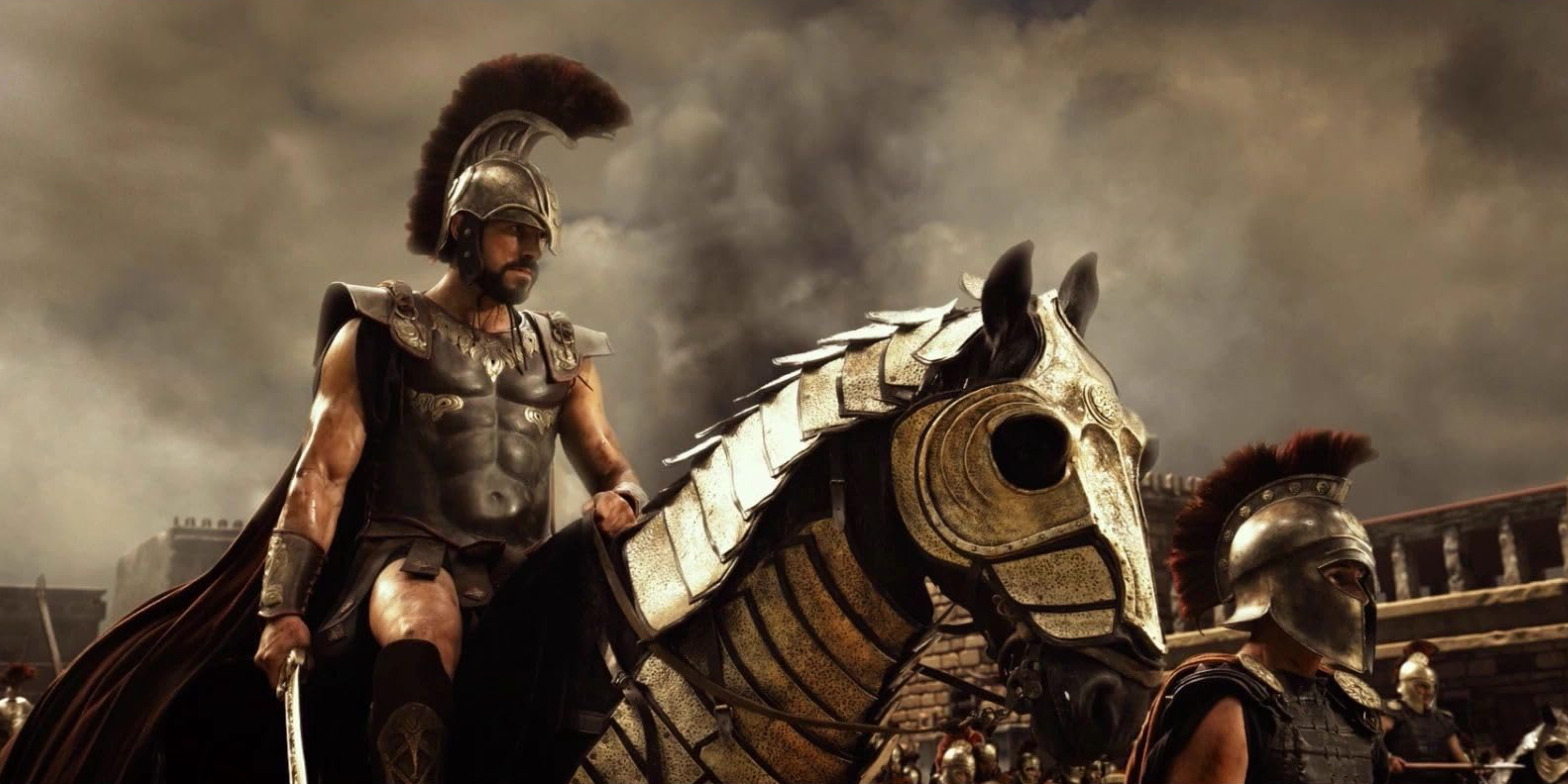Under the direction of Renny Harlin, ‘The Legend of Hercules’ transports us to ancient Greece, following the epic story of Alcides, or as he later comes to be known, Hercules. King Amphitryon of Tiryns is a bloodthirsty conqueror whose incessant warmongering perturbs the queen, Alcmene. She wishes for a miracle from the goddess Hera to put an end to the wars and is impregnated by the god Zeus, resulting in the birth of a son destined to overthrow Amphitryon. The demigod Alcides is born to Alcmene and is raised as the younger prince of Tiryns alongside his shrewd older brother, Iphicles. Upon returning from slaying the Nemean lion, the brothers are greeted with a feast by the king. Amphitryon announces the marriage of his elder son to Princess Hebe of Crete.
However, Alcides and Hebe, already in love, attempt to elope but are caught by the King. Subsequently, Alcides is sent to lead a doomed military campaign in Egypt. As the young prince departs, his mother reveals his true name and heritage to him, asking him to accept Zeus as his father and gain his strength. Hercules’ journey takes him through treacherous landscapes, fighting across military campaigns and gladiatorial arenas to tap into his divine power and face his destiny. Watching the saga of heroism unfold in an ancient time, some may wonder how much truth lies behind the 2014 action film.
The Legend of Hercules Is Loosely based on Greek Mythology
‘The Legend of Hercules’ is loosely based on the Greek mythological tale of Hercules and is not a true story. The screenplay for the film was penned by Sean Hood and Daniel Giat, who have taken creative liberties to reshape the bronze age era tale with a modern lens. Apart from the names of a few characters and the presence of the Greek gods, Renny Harlin’s adaptation shares very little in common with the widely known version of the legend.

In Greek mythology, Alcmene was tricked by Zeus as he took the form of her husband. She gave birth to their demi-god son, who was initially named Alcides. Hera was spiteful of Hercules (Heracles in Greek) and thrust great burdens upon him throughout his life. While there is some variation between the Roman and Greek versions, the original story has dark themes and follows Hercules’ journey as he repents a terrible sin through his twelve labors.
The first labor of Hercules involved him slaying a Nemean Lion, which sports an impenetrable hide. With no blade able to pierce it, Hercules used his superhuman strength to wrestle and strangle the lion to death. The film adds its own fight with the Nemean Lion, although it does not serve as a part of the twelve labors. Hercules then wears the skin of the lion throughout his travels, while in the movie he sports it for a brief duration after the fight.
None of the other labors of Hercules are mentioned or referenced in the film, which makes sense given that it seeks to explore his origins before becoming a full-fledged hero of legend. The movie takes a ‘Gladiator’ path in its second act with colosseum fights after Hercules is captured during his campaign. These events are entirely fictional in the scope of the location and time period shown in the movie.
Gladiatorial arenas were a Roman creation that proliferated after the 2nd Century BC. ‘The Legend of Hercules’ features them despite being set in 1200 BC. Furthermore, neither the Greek civilization nor their neighbors engaged in gladiatorial traditions at that time. Instead, they primarily conducted duels as a form of one-on-one combat. Another instance of Latin influence in the film is the inclusion of a sequence featuring a Roman amphitheater.
When it comes to mythology, a notable departure from the myth is the portrayal of gods and fantastical creatures in a historicized manner. Chiron, Hercules’ teacher, is a mortal man in the film while the ancient stories depict him as a centaur, having the upper body of a human and the lower body and legs of a horse. Also, Hercules’ love interest in the movie, Hebe, is mythologically known as the goddess of youth and the cupbearer of the gods, rather than a mortal princess.

Despite these differences, ‘The Legend of Hercules’ retains the essence of the mythological hero and his iconic traits. Throughout the film, Hercules demonstrates incredible strength, courage, and determination as he faces formidable challenges and adversaries. His journey from a reluctant hero to a legendary figure mirrors the classic hero’s journey archetype found in many myths and legends.
‘The Legend of Hercules’ narrates its own tale about the early days of the Greek hero, one that significantly varies from any version of the mythological tale, Greek or Roman. There is significant Roman infusion into the narrative, with influences of ‘Gladiator’ made apparent with arena fights. The Corinthian helmets and red capes made famous by ‘300’ also make an appearance. The film is an entirely fictional tale that draws some inspiration from its source material but creates a different iteration of the legendary hero’s emergence.
Read More: Movies Like Hercules You Must See


You must be logged in to post a comment.